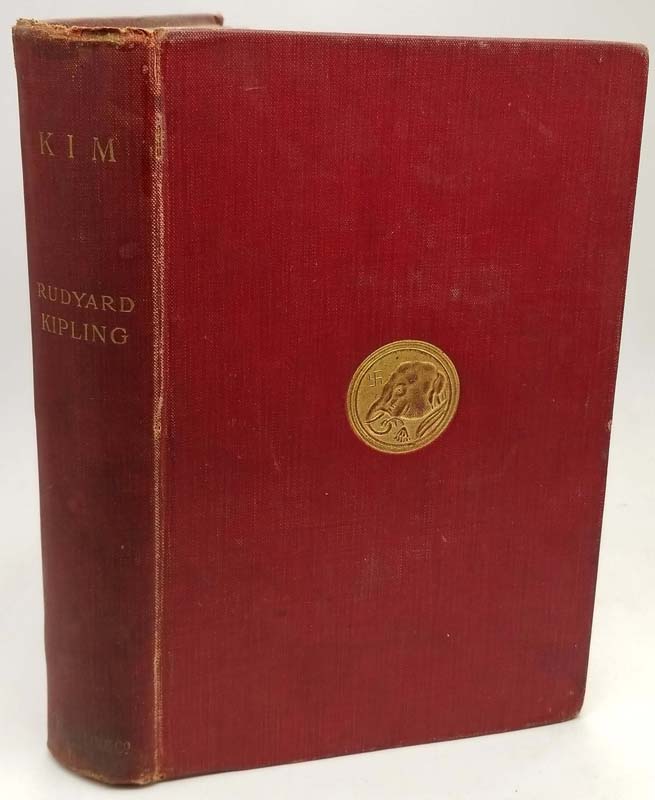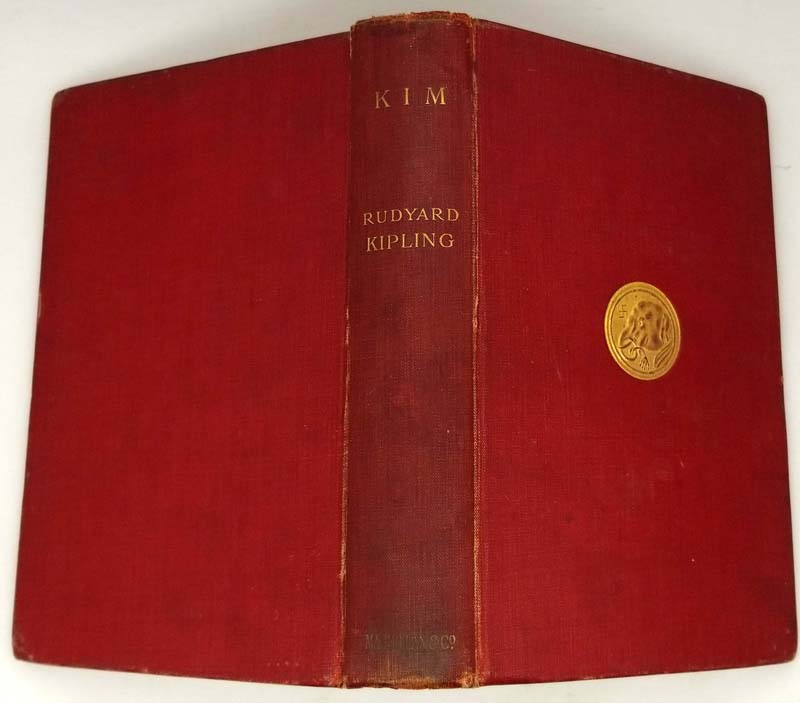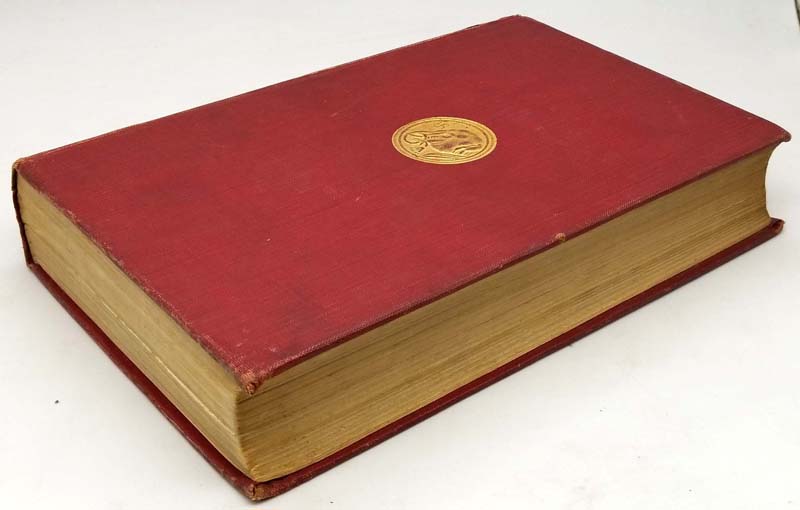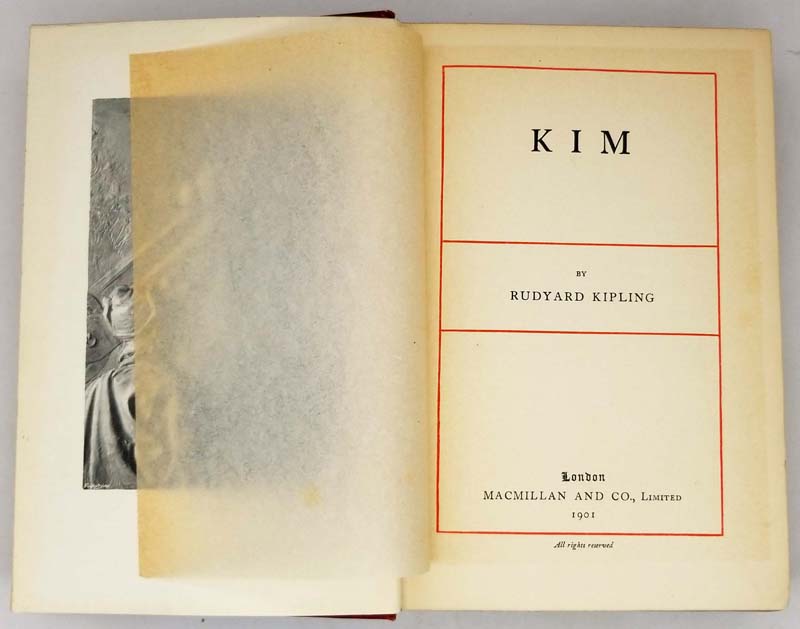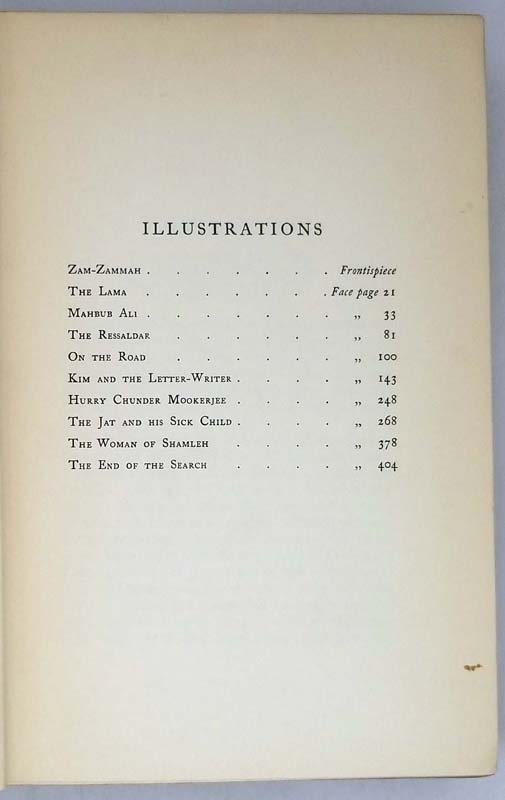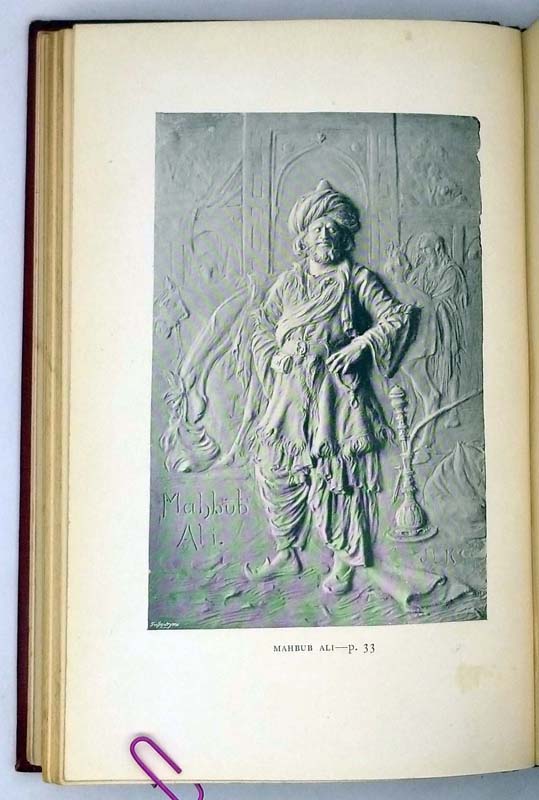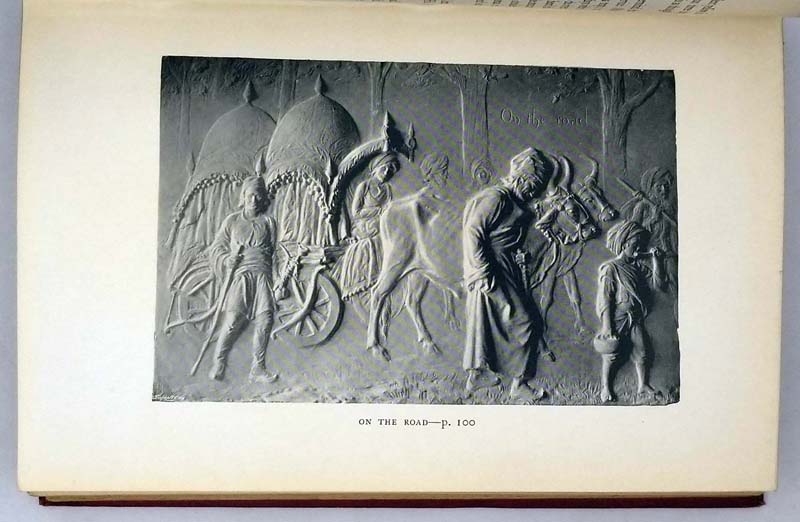Kim (1901) by Rudyard Kipling is a picaresque masterpiece that unfolds against the vibrant tapestry of British India, blending espionage, spiritual quest, and colonial intrigue. The novel follows Kimball O’Hara, a streetwise orphan of Irish descent who navigates the bazaars of Lahore as a child of the empire, equally at home in Hindu, Muslim, and British worlds. When he becomes the chela (disciple) of an elderly Tibetan lama seeking enlightenment, Kim’s journey morphs into a double life: spiritual apprentice and recruit for the British secret service (the “Great Game” of imperial espionage).
Kipling’s lyrical yet unsentimental prose captures India’s sensory overload—spice markets, dusty railways, Himalayan monasteries—while interrogating loyalty, identity, and the cost of empire. The novel’s genius lies in Kim’s liminality, neither fully colonizer nor colonized, embodying the ambiguities of cultural belonging.
A classic of adventure literature, Kim remains controversial for its colonial lens but endures as a rich, ambivalent portrait of a vanishing world.
